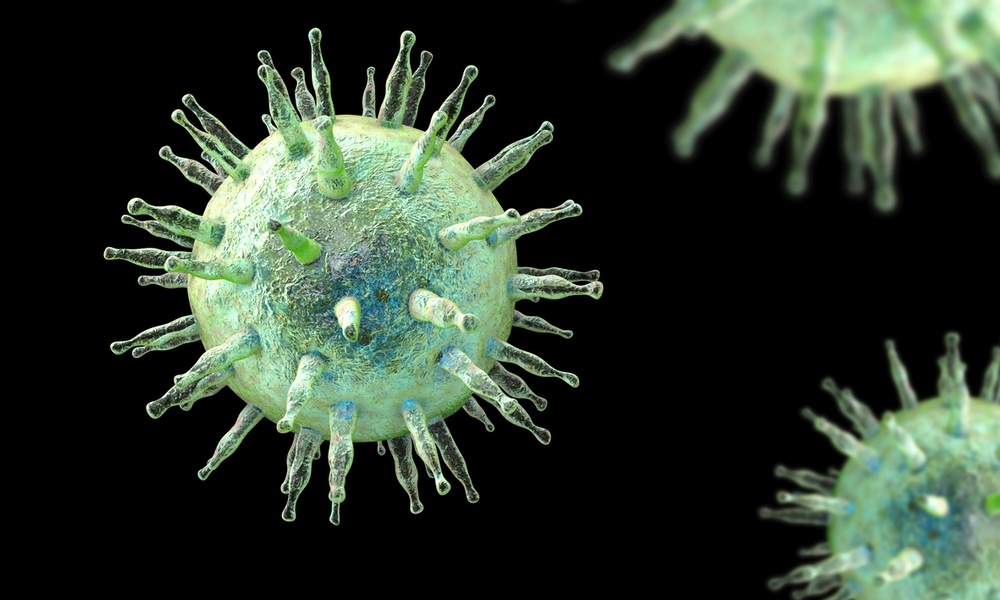Heart attacks are depressing for many, if not most, people. Symptoms of mild depression are common among patients after a heart attack, possibly because of the major lifestyle changes that it forces upon them.
Because depression also increases the risk of another cardiac episode, researchers at Columbia University wondered if instead of just putting heart patients on an antidepressant, offering them patient-centered, heart disease-specific depression care might be more effective.
Their results indicate that heart patients experiencing feelings of sadness, lethargy, hopelessness and other symptoms for prolonged periods of time do better and end up with lower healthcare costs when post-coronary heart care includes active treatments to ease depression.
Therapy was given via phone or Internet at seven sites nationwide in order to see if it was possible to deliver centralized depression care to those who do not have specialists in their area.
The randomized study looked at treatments for 150 depressed heart patients. Seventy-three patients in the "patient preference group" received 6 months of their choice of treatment: counseling, antidepressants, or both; the other 77 patients received 6 months of the "usual care," treatments for depression chosen by their physician after learning of their symptoms.
Therapy in the patient preference group was delivered by phone or Internet by two therapists with similar skills and focused on having patients identify problems they wished to solve. Researchers found that patients who had their choice of treatments had a greater reduction in depressive symptoms compared to those in the usual care group.
The total health care costs for the patient-preference treatment group were $325 less than for the usual-care group, even when the cost of therapy was considered. Heart patients who had a more active role in their treatment for depression had fewer hospitalizations than those who simply received treatment their doctor ordered.
"This study was what we call a vanguard," says Davidson, who is the director of the Center for Behavioral Cardiovascular Health at Columbia University Medical Center. It was designed to see whether more engaged treatment for depression could improve outcomes economically. Therapy, given by phone or Internet from seven sites nationwide, offered a way to see if it was possible to deliver centralized depression care to those who do not have specialists in their area.
The study is published online in JAMA Internal Medicine.




